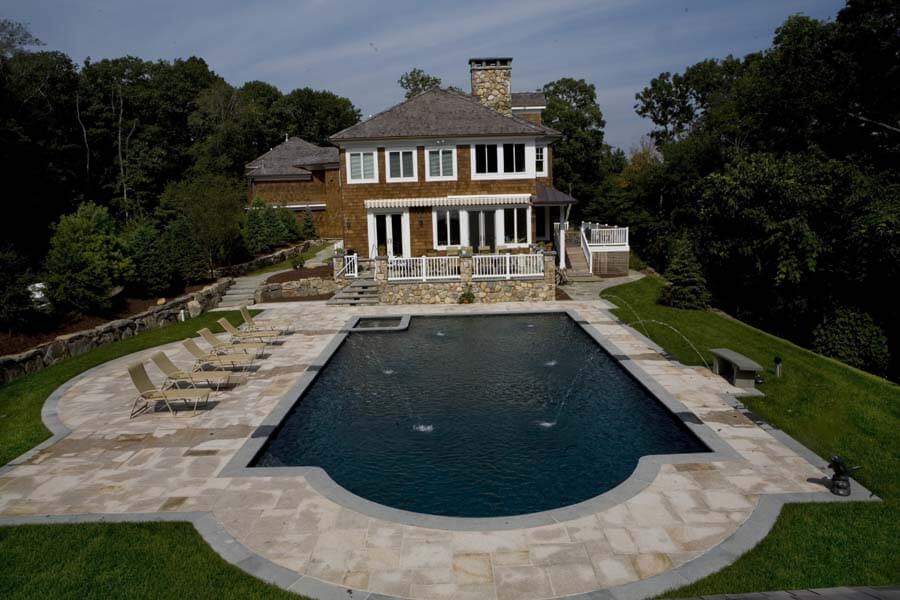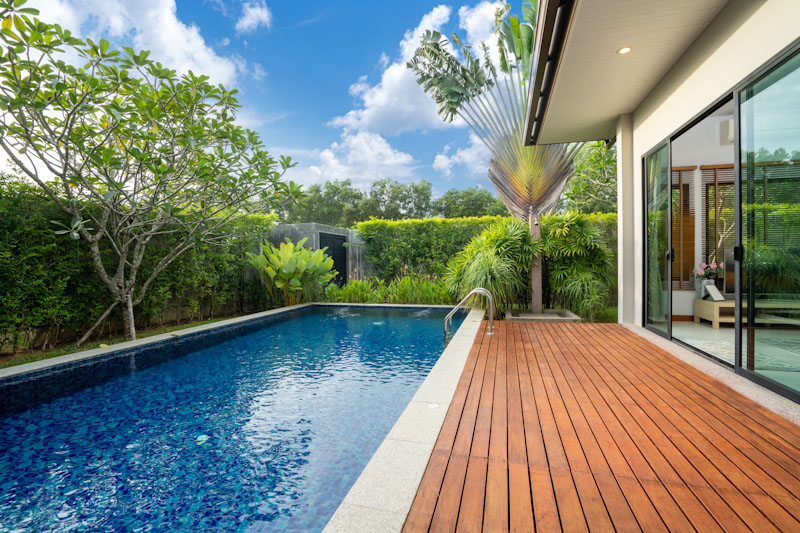Many homeowners dream of having a pool in their backyard. It’s a place where you can relax, cool off during hot summer days, and enjoy quality time with family and friends. But aside from the fun and enjoyment it brings, does a pool actually add value to your home? Let’s explore this question and delve into the factors that can influence the value of your property.
1. Location, Location, Location
The impact of a pool on your home’s value largely depends on where you live. In areas with warmer climates, such as Florida or California, pools are more common and expected by potential buyers. In these regions, having a pool can significantly increase the value of your property.
On the other hand, if you live in an area with colder climates or where pools are less common, the value added by a pool might be relatively lower. In such cases, potential buyers might view a pool as a maintenance burden or an additional cost to heat and maintain.
2. Aesthetics and Curb Appeal
A well-designed pool can enhance the aesthetics and curb appeal of your home, which can positively impact its value. A visually appealing pool with a well-maintained backyard creates a welcoming and luxurious atmosphere, making your property more attractive to potential buyers.
However, it’s important to note that the design and style of the pool should harmonize with the overall architecture and landscaping of your home. A poorly designed or outdated pool could have the opposite effect, detracting from the overall appeal of your property.
3. Lifestyle and Market Demand
The value added by a pool also depends on the lifestyle of the potential buyers in your area. If your neighborhood attracts families with young children or active individuals who enjoy outdoor activities, a pool can be a desirable feature that adds value to your home.
Additionally, if the local real estate market is highly competitive and demands homes with pools, having one can give you an edge over other properties. Buyers who specifically search for homes with pools may be willing to pay a premium for the added convenience and entertainment value it offers.
4. Maintenance and Upkeep
While a pool can be a great addition to your home, it’s essential to consider the ongoing maintenance and upkeep costs. Pools require regular cleaning, chemical balancing, and occasional repairs, which can add up over time.
Some potential buyers may see the maintenance requirements as a disadvantage or an additional expense they would rather avoid. Others may be willing to take on the responsibility, especially if they value the recreational benefits a pool provides.
5. Return on Investment
When considering the value added by a pool, it’s important to assess the potential return on investment (ROI). In general, a well-maintained and desirable pool can increase your home’s value by around 7% to 15%.
However, it’s crucial to keep in mind that the ROI can vary depending on the factors mentioned earlier. The location, market demand, and overall condition of your pool will all play a role in determining how much value it adds to your property.

Credit: www.aquapool.com

Credit: barrierreefpools.com
Conclusion
In conclusion, whether a pool adds value to your home depends on various factors such as location, aesthetics, lifestyle, and market demand. In areas where pools are popular and desired by potential buyers, having a well-designed and well-maintained pool can significantly increase the value of your property.
However, it’s important to carefully consider the ongoing maintenance costs and the preferences of potential buyers in your area. Conduct thorough research and consult with local real estate professionals to make an informed decision about whether installing a pool is the right choice for you and your home.


